Many Americans resolve to break free from unhealthy habits each year. Statistics reveal that over a third of U.S. adults report struggling with at least one such behavior, whether it's excessive screen time, overeating, or substance use. Dr. Adi Jaffe, a California-based psychologist and former addict, offers his expertise to help individuals overcome these challenges and cultivate healthier lifestyles.
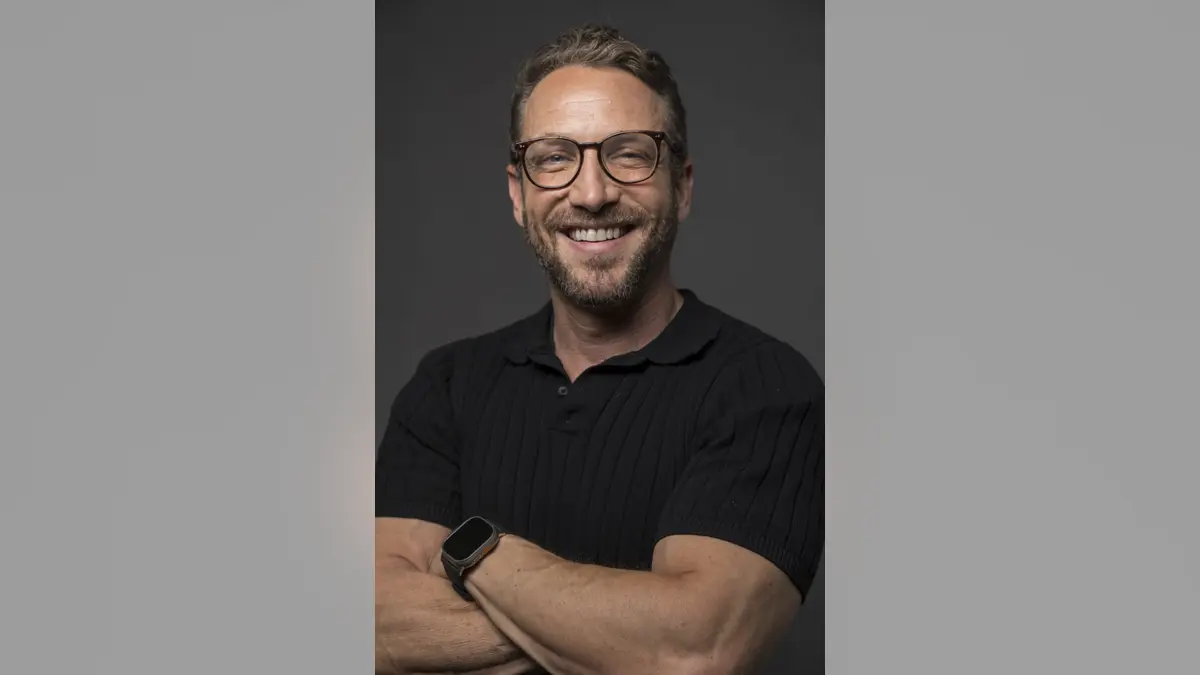
Dr. Jaffe's personal journey with addiction fuels his passion for assisting others. Having battled drug and alcohol addiction from his teens to early adulthood, he understands the pervasive nature of these struggles. "Addiction doesn't discriminate," he emphasizes, highlighting its impact on individuals across all demographics.
His experiences led him to pursue a career in psychology, earning two master's degrees and a PhD. He now dedicates his work to helping people conquer addiction and improve their mental well-being. In his book, "Unhooked: Free Yourself from Addiction Forever," he provides a structured program for overcoming harmful habits.
Understanding and Addressing Unhealthy Behaviors
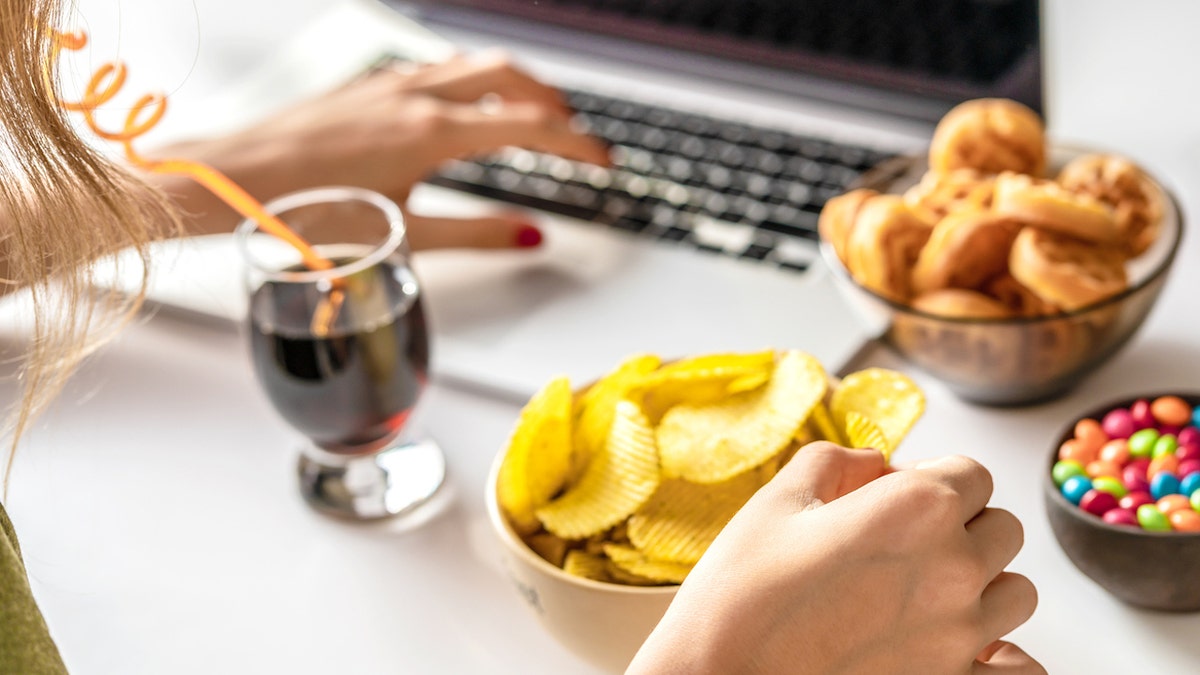
Dr. Jaffe expands the definition of addiction beyond substance abuse to encompass a range of behaviors that interfere with one's ability to fully engage in life. These can include excessive social media use, binge eating, gambling, and even workaholism. He points out that even seemingly positive pursuits like work and success can become problematic when they are used to avoid underlying issues.

He also addresses the addictive nature of social media, attributing its pull to the dopamine rush triggered by notifications and the constant stream of novel content.
Uncovering the Root Causes: Identifying the 'Hooks'
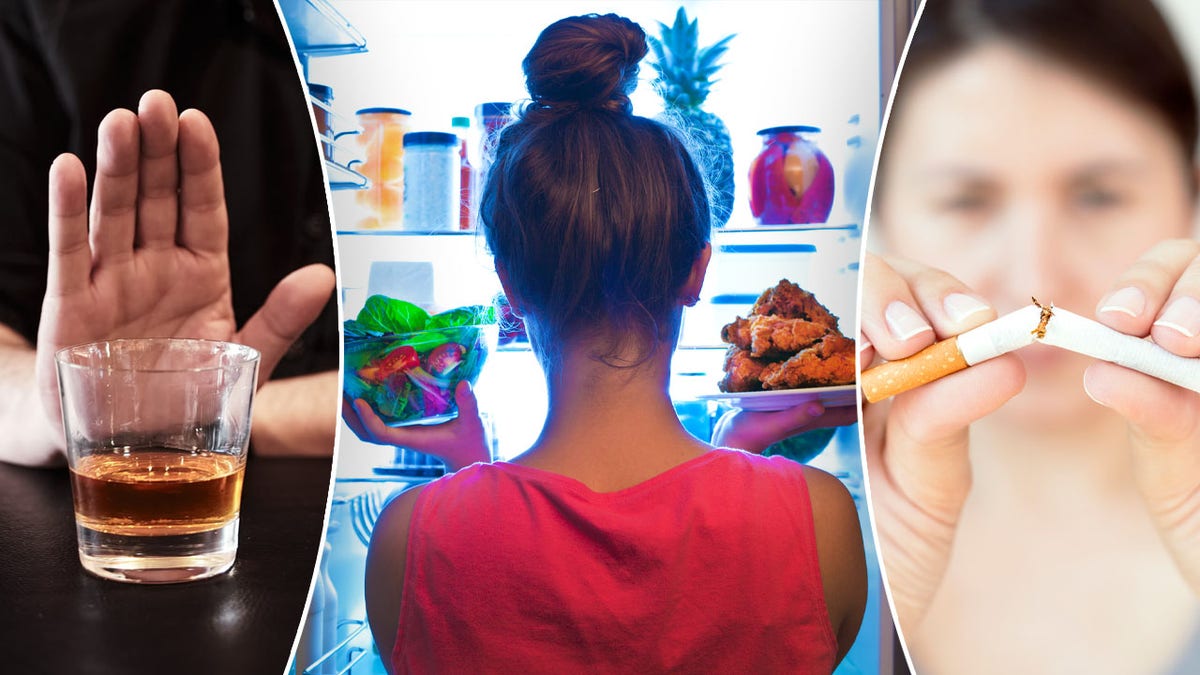
Dr. Jaffe emphasizes that the behavior itself is rarely the core problem. Instead, he encourages individuals to explore the underlying reasons driving these choices. He explains that unhealthy habits often develop as coping mechanisms for emotional discomfort or past trauma. These underlying issues act as "hooks," prompting individuals to engage in the behavior as a form of self-medication.
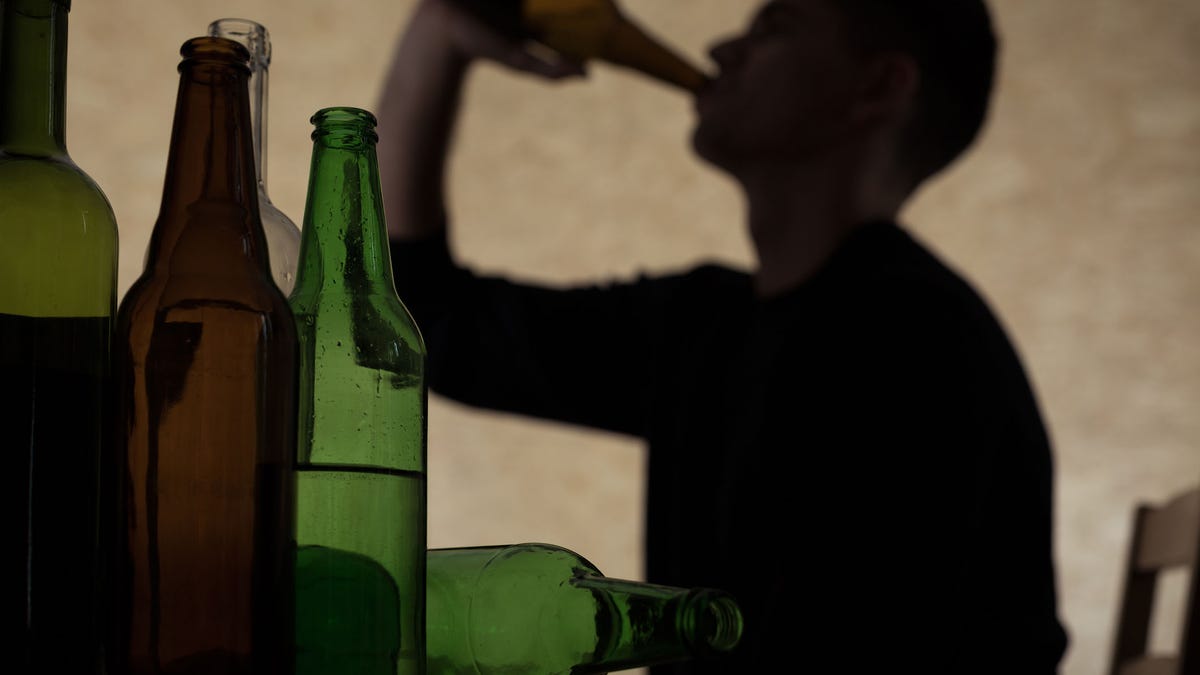
Sharing his personal experience, Dr. Jaffe reveals that social anxiety was his "hook." He discovered that alcohol provided temporary relief, creating a pattern of reliance on the substance to manage his discomfort.
The Power of Replacement: Cultivating Positive Habits
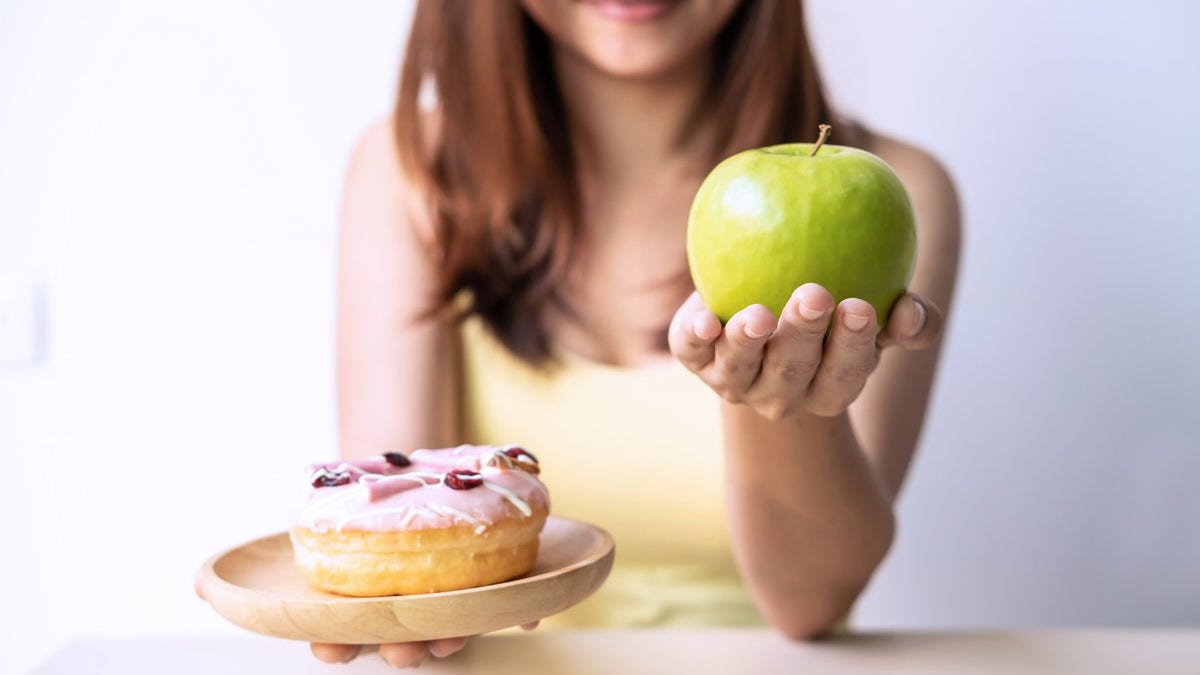
Dr. Jaffe cautions against simply trying to stop an unhealthy habit without a plan. He stresses the importance of replacing the negative behavior with a positive one. Rather than focusing on elimination, he advocates for substitution. For instance, someone trying to quit smoking might use gum or sunflower seeds as a replacement, while a workaholic might learn to delegate tasks.
He also acknowledges that setbacks are a natural part of the process. He encourages persistence and self-compassion, emphasizing the importance of continuing to work towards change even after slip-ups.
Comments(0)
Top Comments